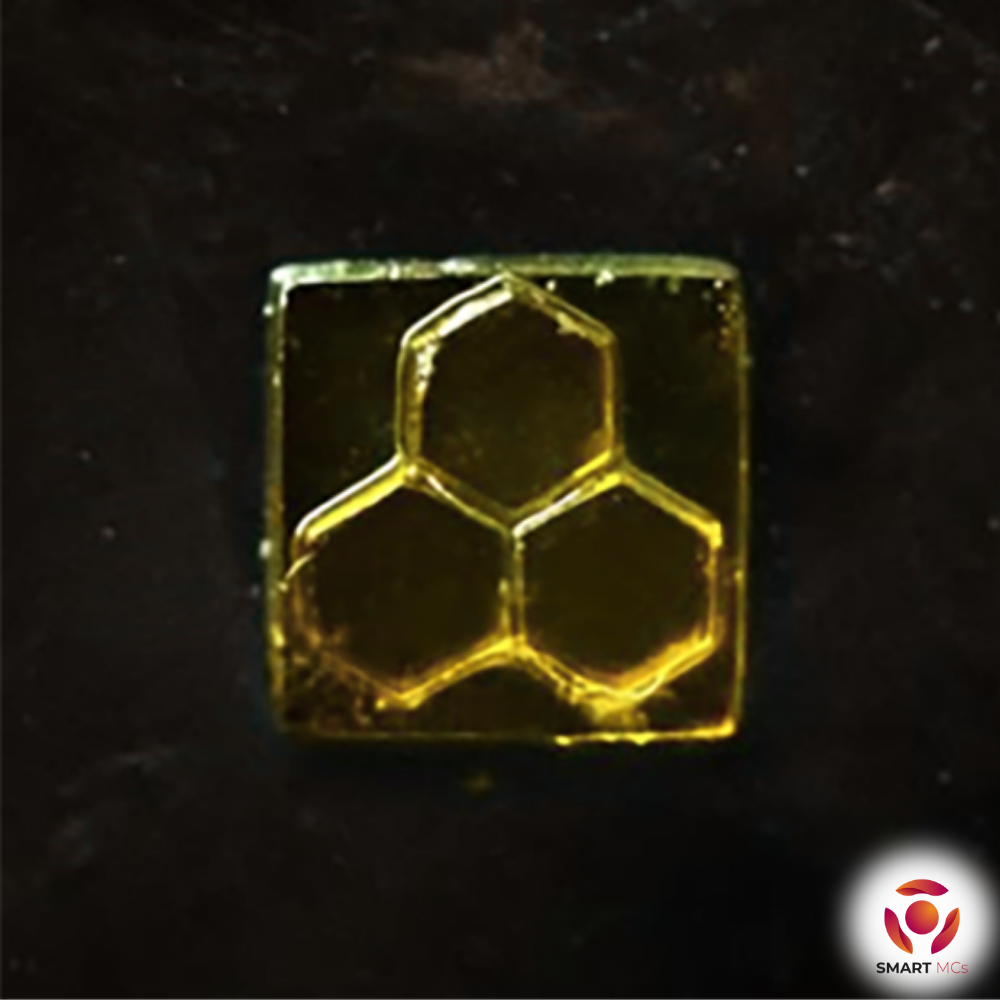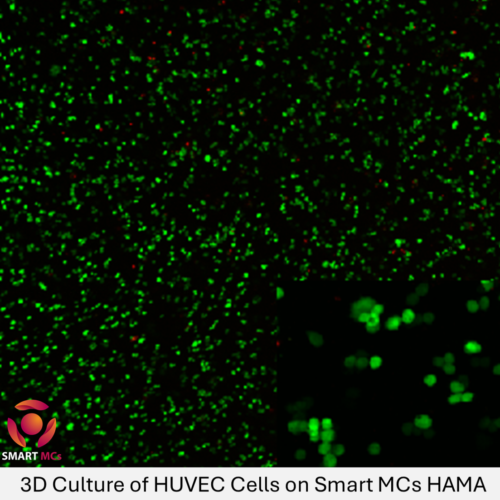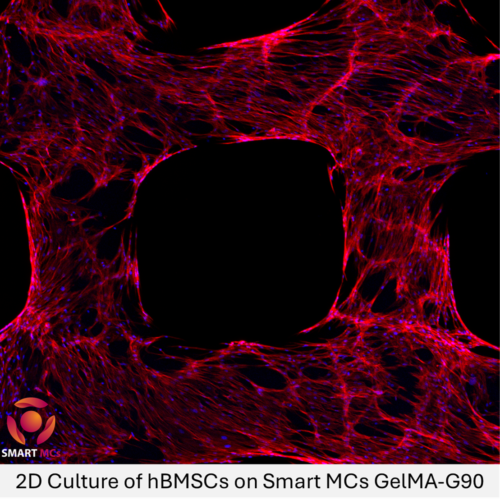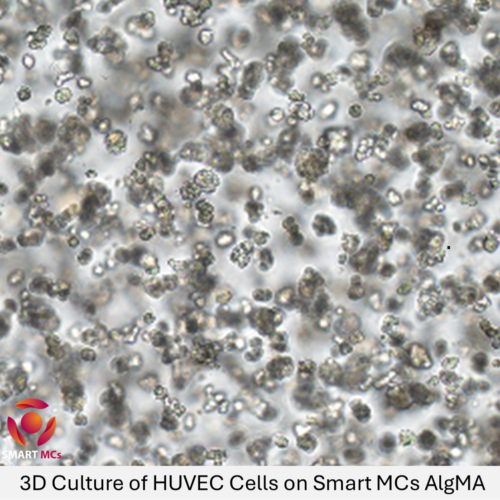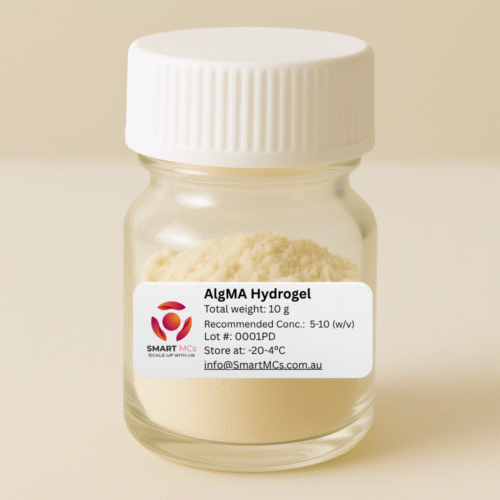Poly-lysine (ε-PL) is an antimicrobial polypeptide (AMP) produced naturally by Streptomyces bacteria. It exhibits broad-spectrum antimicrobial activity effective against various bacteria and fungi, including Escherichia coli (E. coli) and Staphylococcus aureus (S. aureus). ε-PL and its derivatives are recognised for excellent biocompatibility, robust antibacterial efficacy, and biodegradability, making them ideal for biological tissue engineering applications, particularly antimicrobial wound dressings. This material helps circumvent adverse effects and resistance issues associated with conventional antimicrobial agents and metallic ions, such as silver (Ag⁺).
Methacrylated polylysine (PLMA) is a specialised variant of ε-PL chemically modified through methacrylation using glycidyl methacrylate, introducing reactive double bonds into its molecular structure. Due to its ease of moulding, superior biocompatibility, and customisable physical properties, PLMA-based materials are highly effective for applications including advanced wound dressings and antimicrobial surface coatings.
PLMA undergoes rigorous quality testing to ensure consistent performance and stable chemical characteristics. It rapidly polymerises into a gel state within 10 seconds under visible light exposure, maintaining excellent biocompatibility, potent antimicrobial activity, and high scalability. Additionally, PLMA-based materials can offer a range of viscoelastic properties tailored to various applications, making them particularly suitable for enhancing the antibacterial properties of existing photo-curable hydrogels and improving formulations for hydrogel-based wound dressings and bio-inks for 3D bioprinting.


